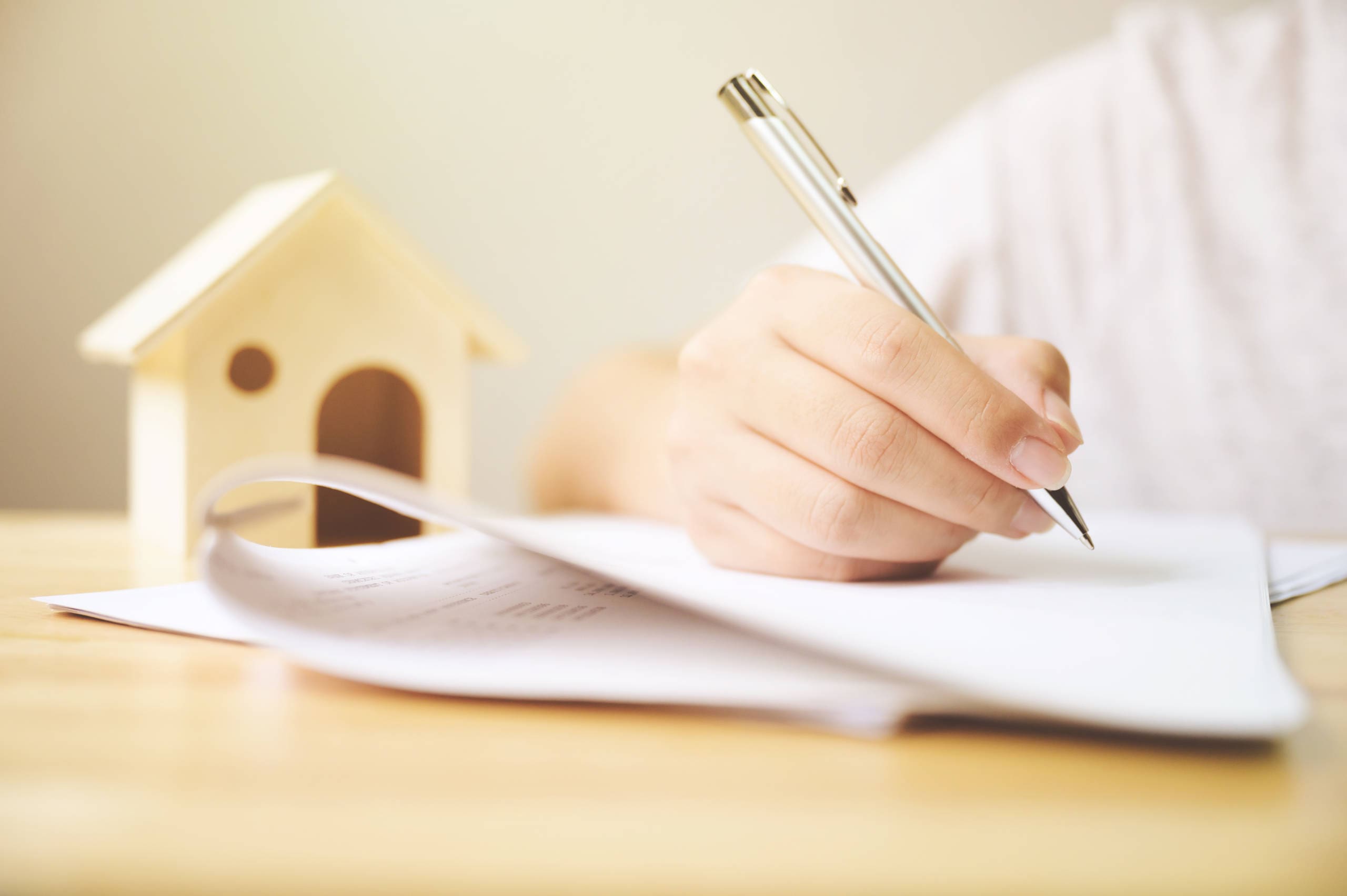It’s perhaps fair to say that selling a leasehold property can carry a heavier administrative burden than its freehold equivalent.
We have written previously on the differences between freehold and leasehold property in the UK.
This essentially boils down to land ownership: freehold properties own the property and the land it sits on, whereas leasehold properties simply own the property, and not the land.
The nature of the leasehold agreement, and the relationship between leaseholder and landowner, adds an additional layer of requirements to any such proceeding.
However, this shouldn’t be seen as a deterrent for selling a leasehold house, as with proper planning, the process can be relatively seamless.


The leaseholder / landowner dynamic
It’s useful to understand the relationship between the leaseholder and freeholder, and particularly the responsibilities of the former, when considering selling a leasehold house (most flats tend to be leasehold, so this also applies to selling a leasehold flat).
Typically, leaseholders will have agreed to live in the property for a period of time and will have agreed to a range of stipulations, such as not having any pets, as an example. The leaseholder will often pay what is referred to as ground rent to the freeholder, typically in return for the freeholder maintaining aspects of the building or grounds.
Leases can last as long as 999 years and will be transferred back to the freeholder upon its completion. Leaseholders often have the option to extend their lease, provided they have lived in the property for an agreed amount of time.
Can you sell a leasehold property?
A leaseholder can sell a property, albeit with the original lease agreement remaining in play.
Essentially what happens is that when a leasehold property is sold, the lease is then passed on to the new leaseholder, who in turn must adhere to the commitments and principles laid out within.
So, returning to our previous example, if it has been stipulated that no pets are allowed within the property, this will remain as true for the new leaseholder as it was for the previous one.
The sales process is not dissimilar to that of a freehold property, in that an estate agent will be required to market the property and a solicitor will be needed to handle both paperwork and conveyancing.
Once any sale has been completed, the freeholder is then notified of the lease transfer.


Is it hard to sell a leasehold property?
Selling a leasehold property in the UK certainly doesn’t have to be difficult.
Like with most property transactions, the key is to have your paperwork in order and to have sought advice from your solicitor and estate agents.
Most buyers will want access to an information pack on the property, including full details of the lease, ground rent, the building’s insurance schedule and other similar items. If you’re considering selling, being proactive about acquiring this information from the managing agent will help slicken the process and remove a prospective road bump.
There are a few other potential stumbling blocks to be aware of.
Chief among these are short leases, which means any lease of 80 years and below. It’s critical that a leaseholder extends their lease before it gets to 80 years, as if the lease length falls below this threshold, this will not only make it more expensive to extend with the freeholder but will also negatively impact a buyer’s ability to mortgage the property.
It’s also worth noting that ground rent on certain leasehold properties will double each decade, which can again impact mortgaging. Extending the lease will likely resolve this issue, at which point a ‘peppercorn rent’ can be arranged, which will reduce costs nominally.
Of course, from a seller’s perspective though, the cost of extending the lease will need to be weighed against the potential value-add for the sale.
Being cognisant of the above and getting as much preparation work done as possible will likely mean that you circumnavigate any such issues, but our team are always happy to offer advice, should the need arise.
If you’re considering selling your leasehold property and would like more information, contact the team at Cobb Farr today and we will be happy to assist you.


